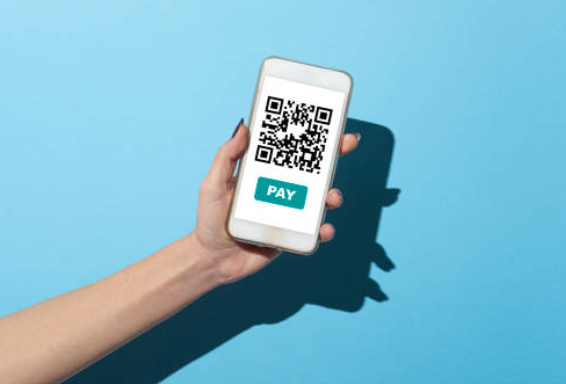Differences: Digital Wallet vs UPI – Benefits & Risks

Digital wallets and Unified Payments Interface (UPI) are two different types of digital payment methods that are widely used by Indian consumers. While many people use these terms interchangeably; there are certain differences between UPI vs Digital wallet.
Digital Wallet vs UPI Differences
A digital wallet is an electronic version of a physical wallet, where users can store money in a digital form. Users can add money to their digital wallet using various methods such as debit card, credit card, or net banking, and then use the funds to make payments for various goods and services. Examples of digital wallets in India are Paytm, PhonePe, and FreeCharge.
On the other hand, UPI is a real-time payment system that enables instant money transfer between bank accounts through a mobile device. UPI allows users to link their bank account to a mobile application and use it to make payments and transfer money to other bank accounts. Bharat Interface for Money (BHIM) is an example of a mobile app that facilitates UPI-based payments.
Advantages:
Both digital wallets and UPI have their own pros.
Digital wallets offer a convenient way to make payments without the need for cash or cards.
UPI offers real-time money transfer and eliminates the need to share sensitive information such as account number and IFSC codes. It eliminates the need for customers to know the beneficiary’s account number and IFSC code. UPI also allows customers to check account balance and transaction history, and set up automatic recurring payments.
Risks in Digital Wallet
Digital wallets are a convenient and popular way to make payments and transfer money, however, they also come with certain risks.
Here are some of the potential risks associated with digital wallets:
- Security risks: Digital wallets store sensitive personal and financial information, which makes them a target for hackers and cybercriminals. Wallet providers must secure the information with robust encryption and other security measures to prevent unauthorized access.
- Privacy concerns: Digital wallet providers collect and store personal information, which raises privacy concerns. Users should be aware of the terms of service and privacy policies of wallet providers and ensure that their information is being used and shared in compliance with their expectations.
- Limited protection for unauthorized transactions: Digital wallet providers may not provide the same level of protection as credit card companies for unauthorized transactions. Users should keep an eye on their transaction history and report any suspicious activity as soon as possible.
- Limited acceptance: Not all merchants accept digital wallets as a form of payment. Users should be aware of the merchants that accept digital wallets and ensure they have an alternative payment method available.
- Phishing scams: Digital wallet users are often targeted by phishing scams, where they are sent emails or messages that appear to be from the digital wallet provider, asking them to provide personal or financial information. Users should be cautious of such messages and always verify the authenticity of the sender before providing any information.
- Limited recourse for lost or stolen digital wallets: If a user loses their digital wallet or it gets stolen, they may have limited recourse for recovering the funds stored in it. Users should be aware of the terms and conditions of digital wallet providers and how they handle such situations.
It is important for users to be aware of these risks and take steps to protect themselves and their information when using digital wallets, such as keeping their digital wallet updated, creating strong passwords, and monitoring their transaction history regularly.
Cons of UPI:
Some potential security concerns associated with using UPI include:
- Phishing scams: Fraudsters may send fake messages or emails posing as a legitimate UPI service, asking for personal information or money.
- Hacking: If a user’s device or UPI account is hacked, the hacker may be able to access sensitive information or steal funds.
- Misuse of UPI IDs: It is important to keep UPI IDs safe, as someone with access to a UPI ID may be able to make unauthorized transactions.
- Technical glitches: There may be occasional technical issues with the UPI system that can cause delays or errors in transactions.
It is important to use the UPI app from authorized and reputed providers and avoid sharing sensitive information with unknown sources. Also, it is important to keep the device and app updated to avoid security vulnerabilities.

Hi, I am Nikesh Mehta, owner and writer of this site. I’m an analytics professional and also love writing on finance and related industry. I’ve done online course in Financial Markets and Investment Strategy from Indian School of Business. I can be reached at nikeshmehta@allonmoney.com.



